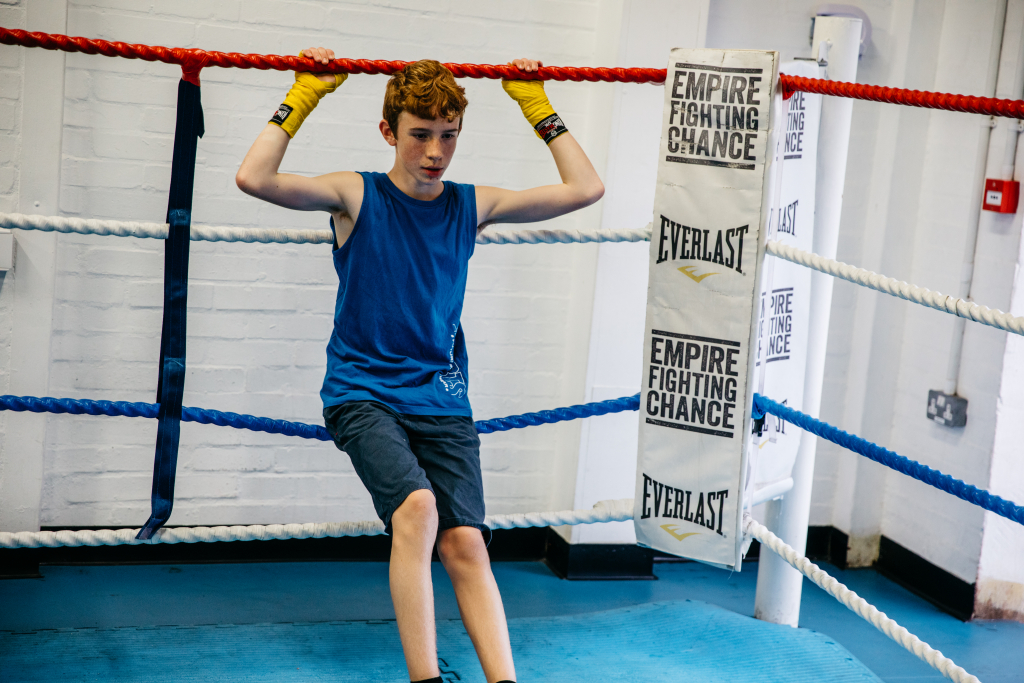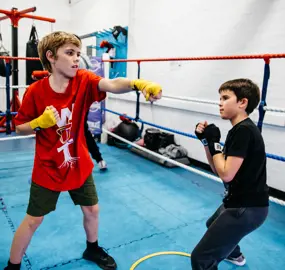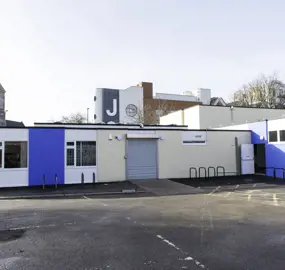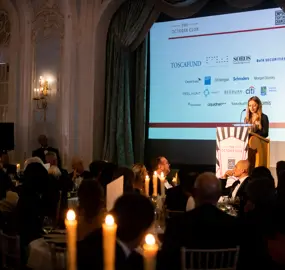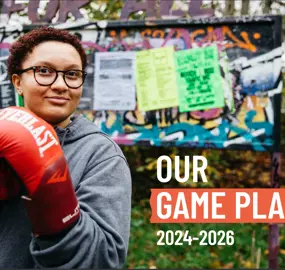The cost-of-living crisis
Thursday saw the launch of the Chancellor’s Autumn Statement. Contained within its 70 pages were a raft of measures aimed at restoring stability to an economy marred by soaring inflation, a recession, and a cost-of-living crisis which will see the biggest drop in living standards since records began.
It’s against this backdrop that we’re seeing grim pronouncements about what’s still to come – rising unemployment, dwindling household incomes and house prices, and a new wave of austerity that will decimate those vital local services which have already been cut to the bone since 2010. It is a bleak picture, one for which we’re told we must brace ourselves and weather the storm.
What does this mean for the young people we work with?
Research has demonstrated a link between greater socioeconomic disadvantage and the increased risk of Adverse Childhood Experiences (ACEs): the traumatic events that some young people face, like emotional and physical abuse, or witnessing domestic violence.
ACEs can make young people more likely to experience poor mental health, get involved in violent and criminal activity and display challenging behaviours at home and at school. Early trauma can also result in a lack of trust of adults, and it’s those trusted adult relationships which have been found to build to greater resilience among young people with ACEs.
At Empire Fighting Chance, our boxing gym has always been based within some of Bristol’s most disadvantaged communities. As a result, we have a deep understanding of the struggles faced by the young people and families with which we work. Our charity rose from the longstanding Empire Boxing Gym in inner city Bristol to specifically fight the impact of deprivation on young lives, using a combination of non-contact boxing and intensive personal support.
Sadly, we are seeing the results of the worsening economic conditions on young people who were already struggling after a difficult two years during the pandemic. As families face unemployment, spiralling costs and the withdrawal of youth services, the picture on the ground for charities like us which deliver directly to young people is incredibly concerning.
Our referrals are at an all-time high – October 2022 saw our highest number of referrals ever for a single month – and the complexity of the trauma we read about is increasing. We’re hearing from families at breaking point, with young people in mental health crisis or on the edge of serious violence or school exclusion.
What can we do about it?
We are constantly seeking ways to increase our impact for young people facing adversity, and we know that our three psychologically informed programmes work in improving mental health and reducing the risk of involvement in violence.
Instead of continuing to do things the way we’ve always done, we’re innovating based on insights we’ve gathered while delivering to over 5,000 young people every year:
- Our psychologist is working alongside our coaches to develop a new iteration of our Training with the Champions mentoring programme;
- We’ve recruited a Monitoring and Evaluation Officer to help us better analyse our data to ensure young people get the best outcomes;
- We’re strengthening our Boxing Therapy programme to boost resilience among young people;
- We’re increasing our work in schools, reaching more young people than ever;
- Our network of boxing clubs around the UK continues to grow, in partnership with England Boxing;
- And we’re developing a more robust model for our community-based interventions, to demonstrate to government how sports programmes like ours are a vital tool in tackling the youth mental health and violence crises.
But, more importantly, we’re continuing to show up every day for the young people who come through our doors, no matter what their story. As our CEO, Martin, says, “We've never had a young person in 16 years who we've refused to work with. Ever.
At a time when disadvantaged young people are facing more adversity than ever, we’re strengthening our commitment to the communities we serve.
To refer a young person to any of our programmes, email [email protected]
